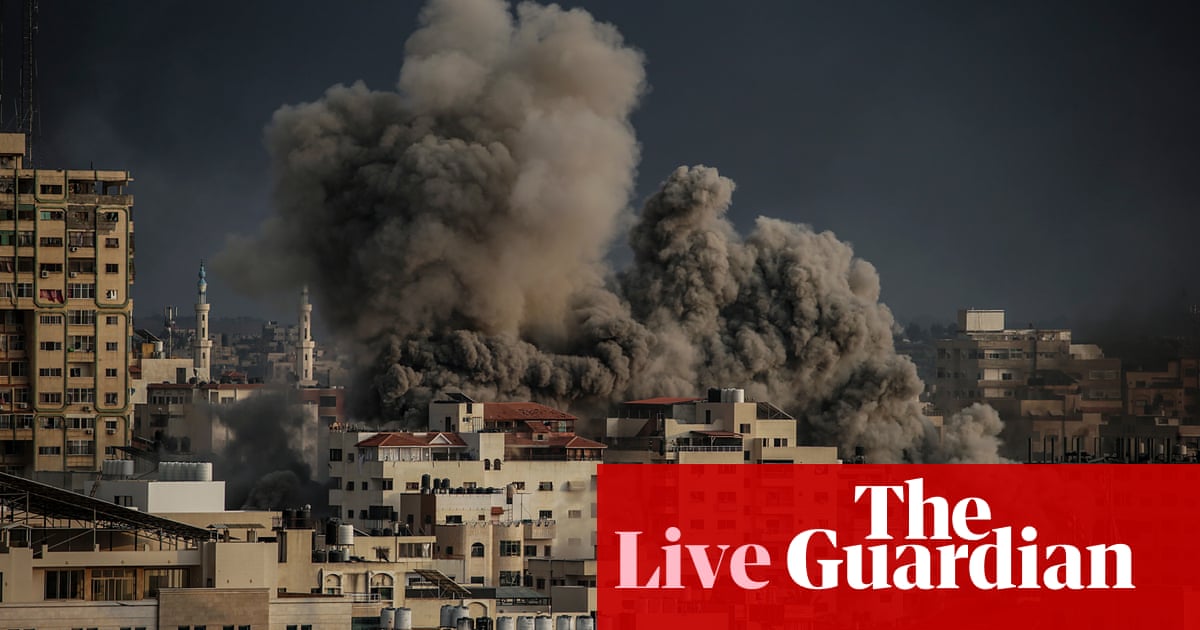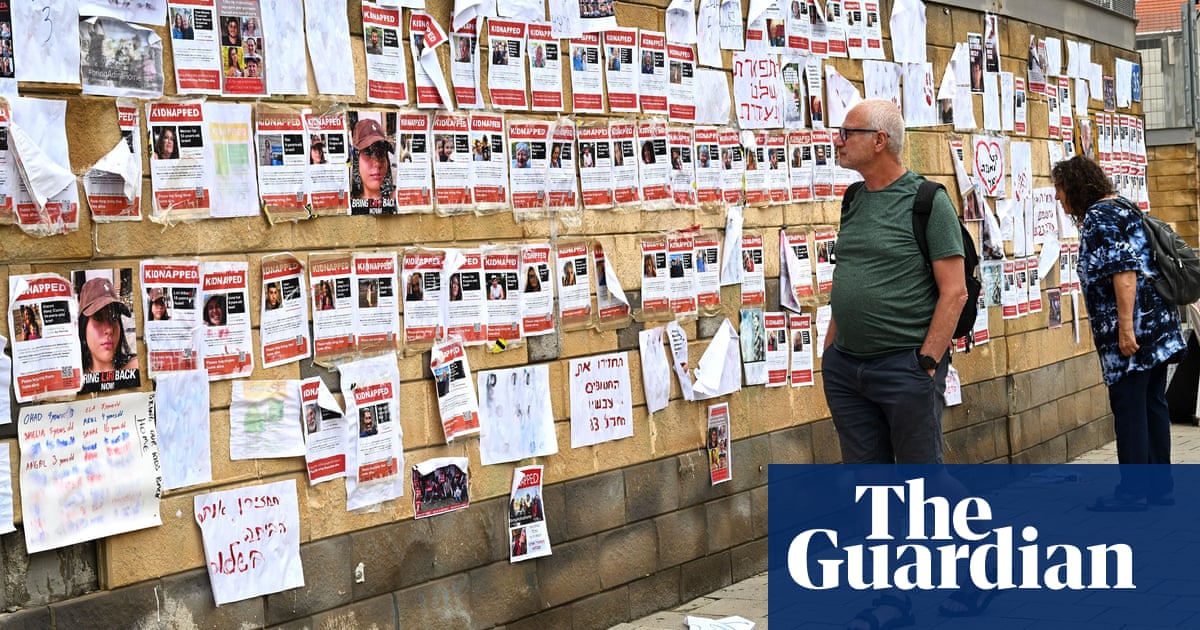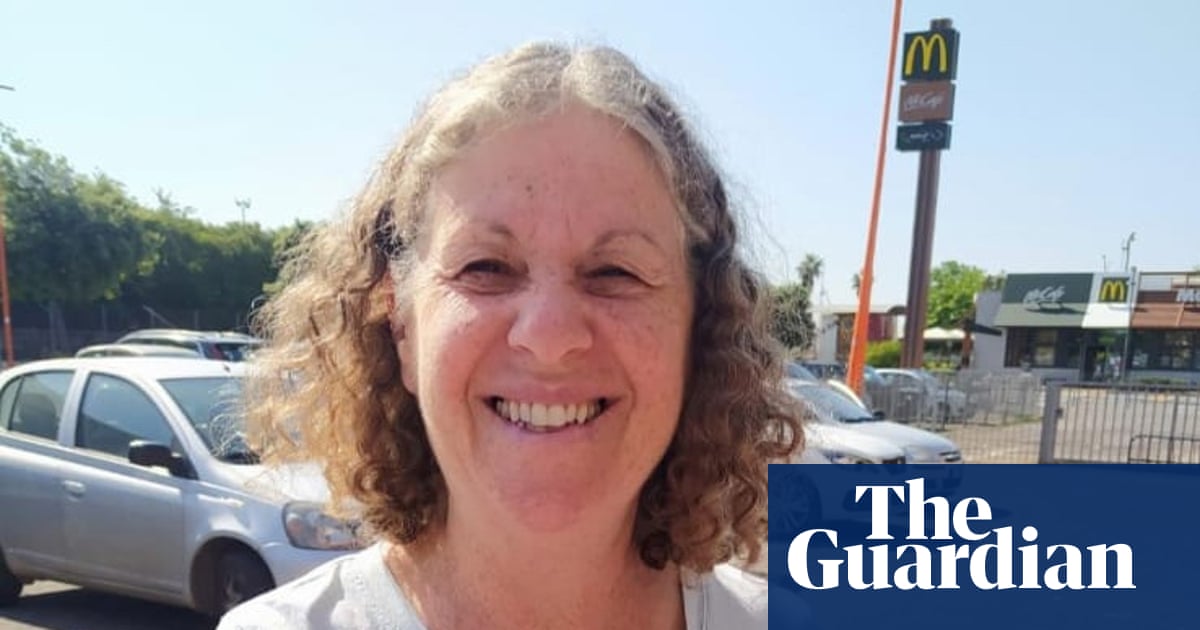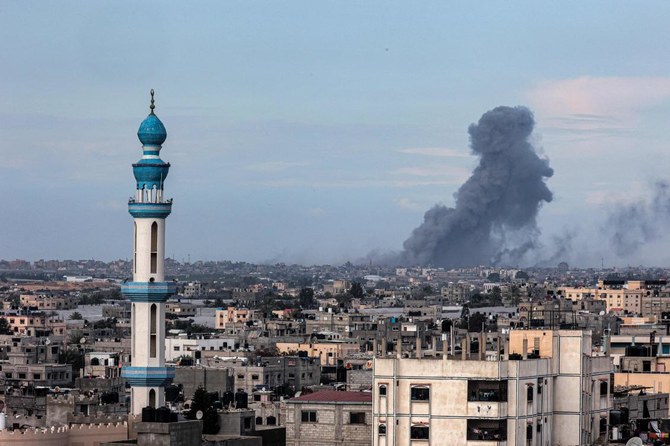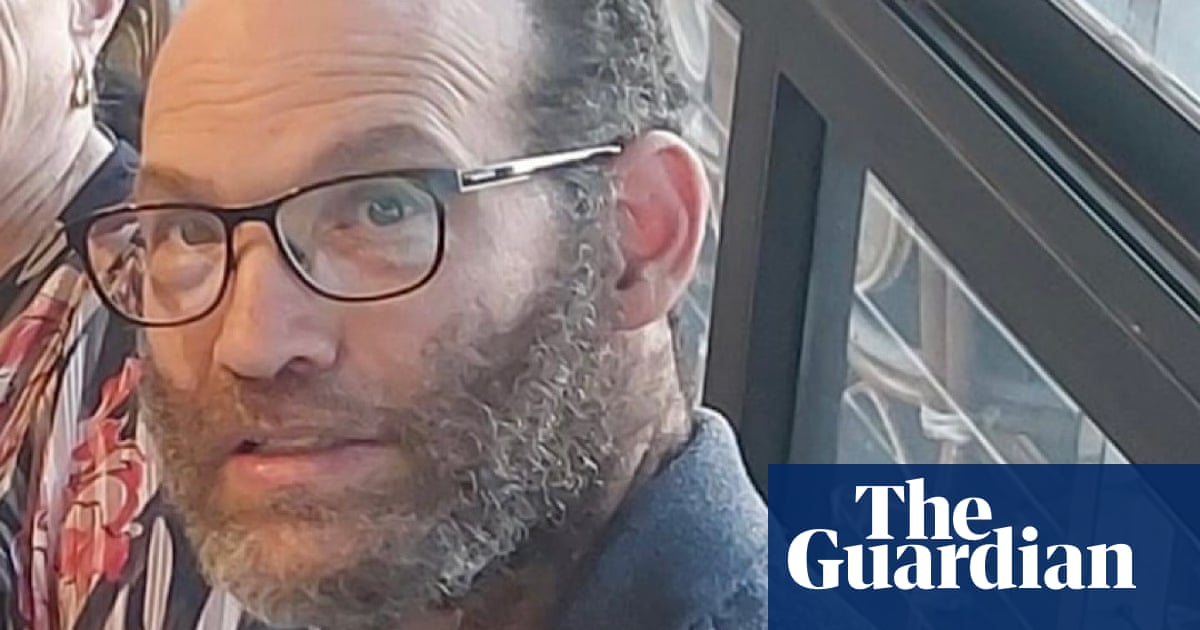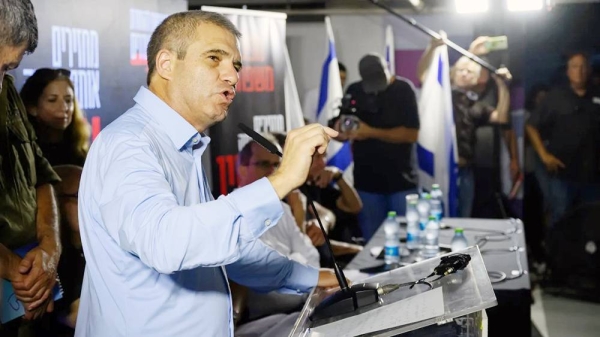
Hamas’ demands for a hostage deal are “delusional” and need to be “close to reality,” Israel’s Coordinator for the Captives and the Missing, Gal Hirsch, told CNN Saturday.
“We want a deal very much and we know we need to pay prices. But Hamas’ demands are disconnected from reality — delusional,” the former Israel Defense Forces commander said in an interview with CNN’s Alex Marquardt at the Munich Security Conference in Germany.
Hamas’s proposal for a ceasefire and hostage deal envisaged a three-stage process over four-and-a-half months, during which Israeli troops would gradually withdraw from Gaza, hostages would be released and Palestinian prisoners in Israel would be freed, according to a copy of the group’s counteroffer obtained by CNN.
Israeli Prime Minister Benjamin Netanyahu dismissed this proposal as “delusional.”
The Israeli leader has repeatedly said that the war in Gaza will continue until Israel destroys Hamas’ leadership and rescues the hostages.
There were further talks this week but a number of sticking points emerged. CNN previously reported that US officials are increasingly concerned whether Netanyahu is genuinely interested in reaching a hostage deal at the present time, given the opposition to any form of compromise with Hamas from within his government.
Hirsch, who works in Israel’s Prime Minister’s Office, said he has concerns that the Hamas political officials negotiating the hostage deal are not in contact with Hamas officials on the ground in Gaza.
He suggested that, though Israel and Hamas had previously agreed on a deal to supply medication to Israeli hostages, the hostages did not receive this medication.
“We need proof that there is someone that can deliver,” Hirsch said. “Show us that the medical support that was sent to our hostages has arrived to its destination. This is very important because it will show us that there is someone there that can really deliver and release our hostages.”
On Friday, the IDF said “medicines were found with the names of Israeli hostages on them” during their operation at the Nasser Hospital in Khan Younis.
So far, Israel has not found any hostages in the medical complex despite saying they had evidence to the contrary. The IDF did not provide visual evidence of the found medication and Hamas said the IDF claims were “not true.”
There is “nothing more important” for the IDF than bringing the hostages back home, Hirsch told CNN on Saturday, adding that the military is willing to pay a “big price” for this. This price stops short of ending Israel’s war against Hamas, though, he noted.
“We are ready to stop warfare by ceasefires, not to stop the war,” Hirsch said. “The war won’t end. Hamas will be dismantled, but we would like very much to make a deal and to bring our hostages back home. This is very, very important to us.”
As well as believing that Hamas’s proposals are disconnected from reality, Hirsch said that he also believes the group is suggesting a deal that it is planning to break the terms of.
“They wanted very much to break the potential deal just as they did in the previous one,” he suggested. “Actually, they know that they have no authority to close the deal, probably, and they’re exaggerating in a way that is very, very far, far, far away from reality.”
In late 2023, Israel released 180 Palestinian prisoners and detainees in exchange for 81 hostages held by Hamas.
When asked by Marquardt if the IDF would be willing to release Palestinian prisoners who have life sentences, or who carried out attacks in Israel, in exchange for Israeli hostages, Hirsch only said that he suggests Hamas bring proposals that are “close to reality.”
Asked about Israel’s potential plans for a ground offensive in Rafah, southern Gaza, where more than 1.3 million Palestinian civilians are seeking refuge, Hirsch said that “Rafah is next, of course.”
“In Rafah, there are many hostages and many, many terror groups — actually Hamas is still there,” Hirsch claimed. He said that the IDF has “morals and values” and that it is doing “everything we can to avoid possible damage,” but added that “Rafah must be next, because we must release the hostages.”
The UN has warned that displaced Palestinians in Rafah are reportedly fleeing towards northern Deir Al Balah following intensified Israeli airstrikes. Aid agencies have warned there is no safe place to go in Gaza. — CNN





